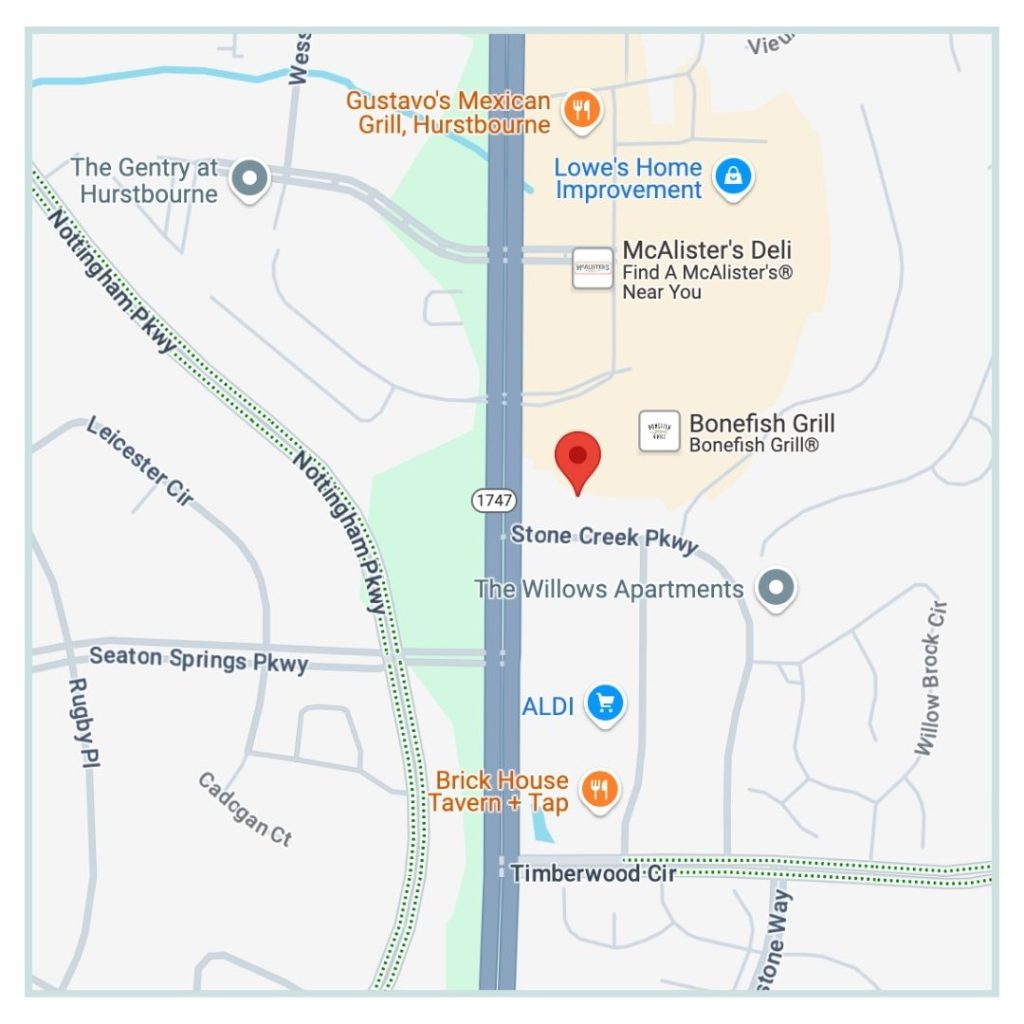Many people are familiar with the term “community property” from its role in divorce under the laws of certain states. Under a law that went into effect last year, it can also be important for estate planning here in Kentucky.
The Kentucky Community Property Trust Act allows married couples to choose to make community property through a trust. The details are somewhat complicated, but community property can have important implications for taxes, probate and estate planning, as well as other issues.
What is community property?
For the purposes of divorce, most states, including Kentucky, follow what is known as a “separate property” or “equitable distribution” model for dividing the marital property. Essentially, this means a court divides the property in a way that meets standards of fairness under state guidelines.
Nine states, mostly in the West, follow a community property model. In these states, nearly everything either spouse earned or acquired during the marriage is considered to be the property of both spouses. When they divorce, a court assumes that the property is owned 50/50.
How does it apply to estate planning?
In community property states, when one spouse dies, the surviving spouse will still have at least 50% of the community property. The other 50% can be distributed according to the deceased’s will or state law.
In a state without community property laws, when one spouse dies, the other does not necessarily get to keep 50% of the martial property. However, many states, including Kentucky, do allow spouses to elect to keep a share of their deceased partner’s estate.
The new Kentucky law seeks to streamline this process by allowing the spouses to elect to keep some of their property in a trust that is considered community property. In addition to saving some time and money in the probate process, community property can allow the surviving spouse to escape certain tax penalties that can go with acquiring property.
Married couples can speak to an estate planning attorney about their options for protecting their property. Contact us today.





